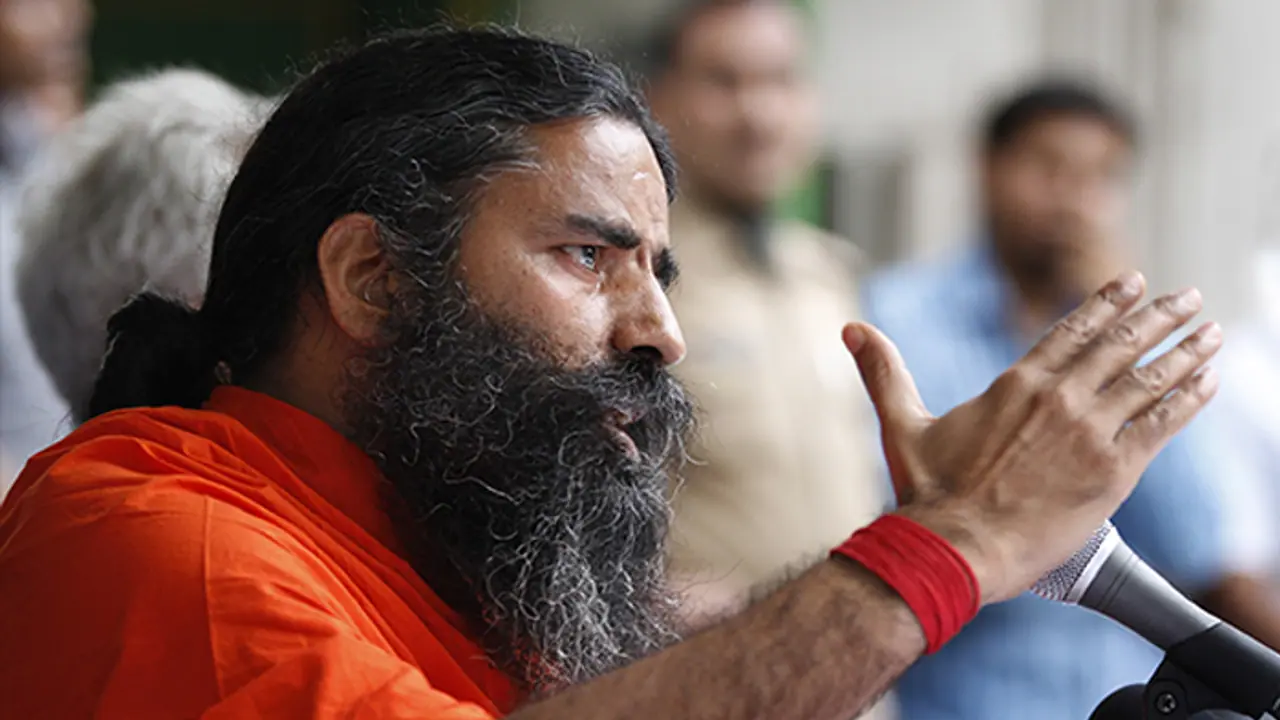It is time for the Western media to mature in its coverage of India, India’s culture and its yoga gurus that are bringing benefits to millions throughout the world.
Gurus from India since Swami Vivekananda in 1893 have gained a phenomenal and unexpected influence and prestige not only in the United States but also worldwide. Yet, they have also invariably been subject to extensive criticism, if not attempts at outright personal defamation.
Such media denigration occurred in the case of Paramahansa Yogananda in the ’30s and later to most of the gurus from India in the late twentieth century, starting with Maharishi Mahesh Yogi. That it persists today not surprising given the prejudices that remain against India in general and Hinduism in particular.

Mahatma Gandhi himself was subject to extensive criticism by the British and at times by the Americans. Gandhi responded to Katherine Mayo’s book Mother India that portrayed India as a land of squalor and oppression, calling it a “drain inspector’s” view of India. Such drain inspector’s views can still be found among journalists today, perhaps strangely in what is supposed to be the liberal American media.
The successful Hindu diaspora in the West, with high levels of education and affluence, and their beautiful temples like those of the Swaminarayan order, have put a dent in these prejudicial views but not removed them altogether.
Patanjali Ayurveda
While previous gurus were more threats to religious and cultural prejudices in America, Baba Ramdev – the latest major guru from India to come under an organized media assault – has challenged the power of American businesses and their efforts to control the India market. His Patanjali Ayurveda is now the largest corporation in India covering not just natural medicines and daily health care items like soaps and toothpastes, but extending to foods and clothing.
You would think that Ramdev’s story would receive accolades in the West, with Ramdev and his colleague Acharya Balakrishna, beginning as two young spiritual seekers promoting Ayurveda door to door in Rishikesh, remarkably building a massive health care empire that has brought good quality and affordable natural healthcare products to the masses in India, jobs to its farmers and has supported numerous schools and charities. Had this occurred in the United States it would be lauded as the realization of the American dream.
The Battle for Yoga
Yoga today is a multibillion-dollar business. Not surprisingly various groups in the West are working to control what Yoga is for their personal benefit, though Yoga is originally a spiritual and healing tradition from India. Some groups want to create their own modern forms of Yoga and don’t like to recognize Yoga gurus from India as defining Yoga.
The fight for the Yoga market is another part of the attack on Swami Ramdev. Swami Ramdev has been the main modern Yoga guru to bring Yoga to the masses in India. His Yoga camps, free of charge, have a hundred thousand or more people attending, with millions taught Yoga over the years. Now his influence is extending worldwide.
To gain control of Yoga, some groups today are claiming that Yoga asanas derive from modern western exercise systems and so really don’t belong to India. They ignore the role of asana in traditional Indian Yoga or the fact that Lord Shiva is said to be the originator of 84 lakhs (hundreds of thousands) of asanas.
Yet the same groups that claim Yoga asanas are not originally Hindu or even Indian, still use the term Yoga for its powerful name recognition in the marketplace. With Swami Ramdev as the most visible Yoga guru from India today, he easily becomes a target by those seeking to remove Yoga from its associations with India.
It is time for the Western media to mature in its coverage of India, India’s culture and its Yoga gurus that are bringing benefits to millions throughout the world. Until then we must challenge such media prejudices rooted in the colonial era that have no place in the twenty-first century when not only Yoga asanas but yogic pranayama, mantra and meditation, along with related teachings of Ayurveda and Vedanta have spread globally.
Yoga is a great gift of India to the world, nothing to be afraid of and nothing that the West need try to control or subvert. Yoga’s highest goal is Self-realization, a value that the entire world needs to embrace in order to find enduring peace and happiness for all.
David Frawley is an eminent historian and Indic scholar
